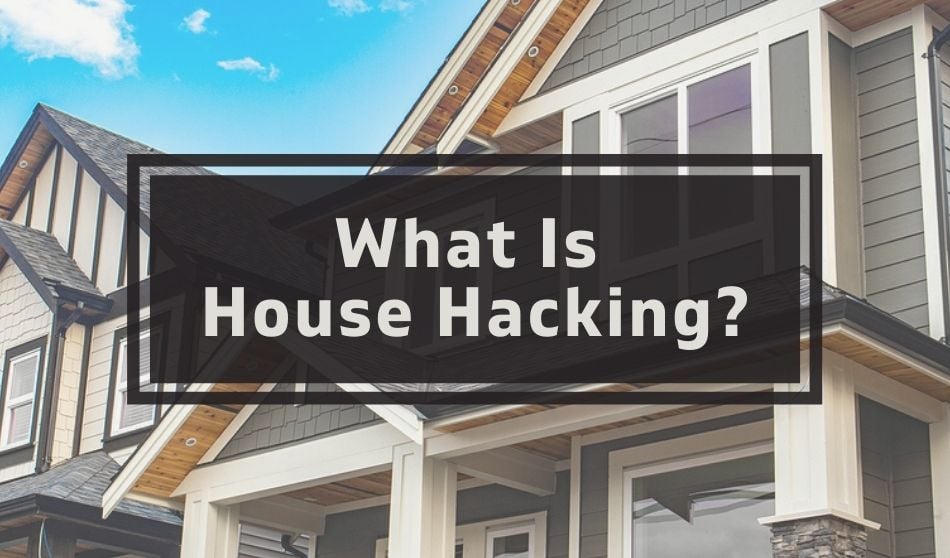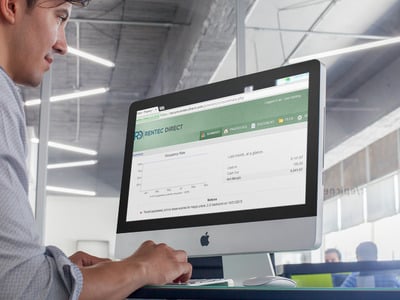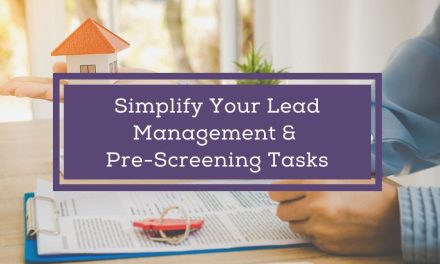
House hacking is a creative way to get into real estate investing by finding a way to generate rental income from your main home — it is where you buy a duplex, triplex, or fourplex and live in one unit while renting out the other(s).
There are several reasons why house hacking can be the right way for beginners to invest in rental property:
- Many investment mortgage programs require landlord or property management experience. You can get that experience by starting with your own home.
- Most home loans with low or no down payments are government-backed programs, and rental properties are ineligible for these loans. But as long as you live in the home, you can finance it with a government loan — even a duplex, triplex or fourplex.
- Extra income from renting can make your home more affordable or help you pay off your mortgage sooner.
For those with limited funds or landlord experience, house hacking allows you to generate income from your own home while helping you acquire landlord experience in a low-risk way.
Tips for House Hacking Your Next Home
There are several tried-and-true techniques for generating income from a primary residence. To discover which is best for you, compare the pros, cons, financing options and potential income from these popular hacks.
Buy multi-unit property
Many buyers break into rental housing by purchasing a multi-unit property and renting out the extra units. This method offers a few advantages. First, as long as you live in one of the units, you can finance the property as an owner-occupier. That gets you cheaper financing, less-restrictive underwriting, and eligibility for government-backed loans with small minimum down payments.
You can buy a multi-unit rental with just 3.5% down (FHA loan) or nothing down (VA loan) if you are eligible under their guidelines. If you live in one unit and rent out three units, you may be able to offset your entire mortgage with rental income.
In addition, you may be able to deduct much of your maintenance, depreciation, repairs, property taxes, and utilities at tax time (check with a tax professional before buying). Finally, managing the other units gets you legitimate landlord experience.
And when it’s time to move on, you may choose to rent out your unit and buy a new primary residence. Or do a tax-deferred 1031 exchange to buy more investment property. Many rental property portfolios are started this exact way.
Multi-unit homes can be financed with conventional or government-backed mortgages from banks, credit unions, mortgage companies, and other institutions.
House Hack by Converting Unused Space
Not every community is zoned for multi-family buildings, so residents have learned to be creative with their single-family homes. If you already own a home or want to buy in a single-family neighborhood, try taking a page from their playbook.
For example, in Reno, Nevada, many older homes surrounding the university have been hacked to house students. Garages and basements are converted to additional units with separate entrances. Larger homes with many bedrooms are divided between owners and renters, even with apartment-style balconies and outside stairs to separate entrances.
Finished basements make great living quarters and cost just a few thousand dollars to upgrade to apartments. Bonus rooms and lofts can offer similar opportunities.
You can finance these improvements with a personal loan, home equity loan, cash-out refinance, or even credit cards (for smaller jobs).
Add an ADU
ADUs, or accessory dwelling units, are also called guest houses, casitas or mother-in-law quarters. They are permitted additions and must comply with zoning laws and building codes. If you’re considering a property with an ADU, make sure it’s permitted before making an offer. If the unit is illegal or unpermitted, you’re likely to have trouble financing it.
Many local governments in areas with housing shortages modified their zoning recently to permit ADUs. If you already own a home, get an estimate from several builders, check local rents to see what your income potential is, and add a unit if it makes sense, is legal, and you can afford it.
Buy a Tiny Home
Tiny homes or park model homes that don’t exceed 400 square feet are not considered real estate. They are personal property, and in many communities, you can purchase them like cars and park them on your property.
To save money, some people downsize their lifestyle, live in the tiny house and rent out their main home. Others use the tiny dwelling to rent out for income.
Tiny houses in picturesque places or tourist destinations lend themselves well to Airbnb or Vrbo. Just make sure that your community or homeowner’s association allows non-owners to occupy residences. Many locations have outlawed short-term rentals, so double check before investing in a pint-sized place.
You can finance a tiny home by taking a home equity or cash-out refinance against your main house or borrow with a personal loan or in some cases dealer financing.
Get a Good Real Estate Agent
Find yourself an investor-friendly real estate agent to represent your interests. The seller’s agent might work with you but can never work completely for you because he or she represents the seller’s interest. As a buyer, you don’t normally pay the real estate commission, but you can have your own representation.
When interviewing agents, tell the candidates what you’re looking for — a home you can live in and also use for rental income. Enlist this person’s help in finding the best single or multi-family homes for hacking.
What Renters Want
If you want to maximize your rental income, you need to know who your potential tenants are and what they want.
Will your renters be older folks seeking economical digs and quiet surroundings? Commuters wanting proximity to public transportation? Students, who want to walk to bars, restaurants, and gyms? You can find local demographic information on sites such as areavibes.com to tell you who your renters are likely to be.
Other Considerations for House Hacking
If you’ve never been a landlord before, you may not have thought about anything more than how much rent you might realize with your house hack. But there’s a lot more to being a landlord than putting up a sign and collecting checks.
First, check local rules to make sure you’re allowed to have short- or long-term tenants. Make sure there is adequate parking, that you keep entrances safe, and that you screen your tenants with care. Tenant screening services are inexpensive, and most landlords pass on their cost to applicants anyway. Adhere to local coronavirus guidelines when showing property.
Include home inspections in the purchase contract. Experienced investors might feel comfortable buying without professional help, but you probably don’t want to deal with a bad roof or questionable wiring with your first rental.
Consider requiring your tenants to carry renters insurance. While you are probably not legally responsible if their property is stolen or damaged, fighting in court is expensive and a pain and should be avoided.
Finally, if you don’t want midnight maintenance calls or hate confrontations with tenants, consider paying a property manager. Yes, that eats into your revenue but it might still be your best move. Not everyone is cut out to be a hands-on landlord, and you can still profit from real estate investment even if you don’t want to deal directly with tenants.






This is such an amazing blog post. Thank You
Glad you found it helpful, David!